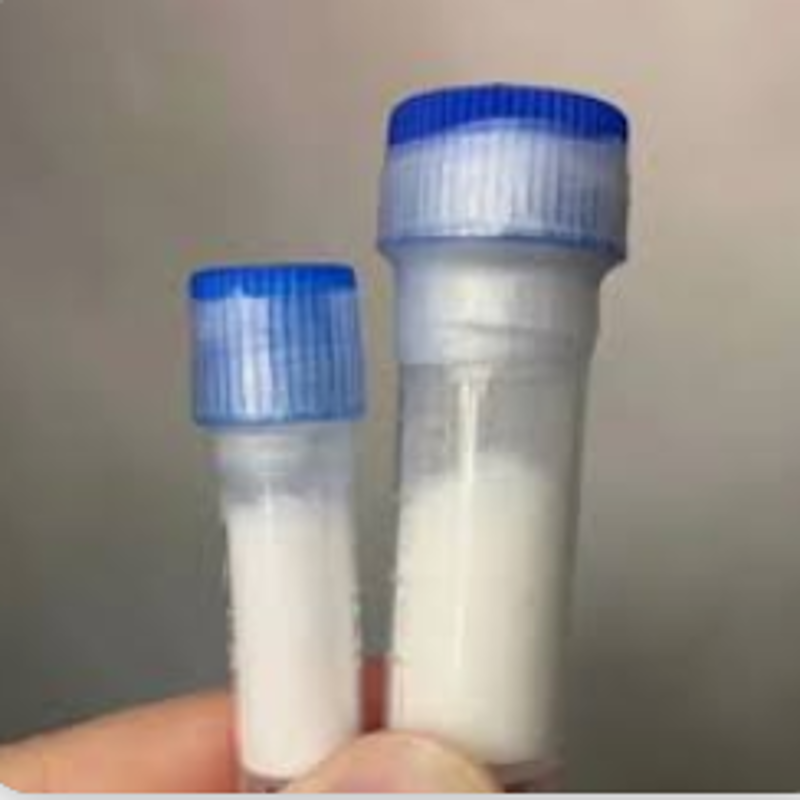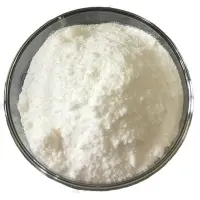-
Categories
-
Pharmaceutical Intermediates
-
Active Pharmaceutical Ingredients
-
Food Additives
- Industrial Coatings
- Agrochemicals
- Dyes and Pigments
- Surfactant
- Flavors and Fragrances
- Chemical Reagents
- Catalyst and Auxiliary
- Natural Products
- Inorganic Chemistry
-
Organic Chemistry
-
Biochemical Engineering
- Analytical Chemistry
-
Cosmetic Ingredient
- Water Treatment Chemical
-
Pharmaceutical Intermediates
Promotion
ECHEMI Mall
Wholesale
Weekly Price
Exhibition
News
-
Trade Service
MARCH 20, 2020 /--- In a recent study, researchers at the Karolinska Institute identified a protein in the brain that is important for the release of the mood-regulating substance 5-serotonin and stress hormones.
the findings, published in the journal Molecular Psython, may have implications for the development of new drugs for depression and anxiety.
(Photo: www.pixabay.com) after suffering from trauma or severe stress, some people experience abnormal stress reactions or chronic stress.
increases the risk of other diseases, such as depression and anxiety, but it is not clear what mechanisms are behind it.
team at the Karolinska Institute has previously shown that a protein called p11 plays an important role in regulating the function of serotonin, a neurotransmitter in the brain that regulates mood.
patients with depression and victims of suicide had lower levels of p11 protein in their brains, while those with lower p11 levels showed depressive and anxiety-like behavior.
antidepressants can also raise p11 levels in mice.
new study shows that p11 affects the initial release of the stress hormone cortisol in mice by regulating the activity of specific neurons in the lower brain.
p11 also affects the release of two other stress hormones, epinephrine and epinephrine, through completely different signaling pathways originating from the brain stem.
, tests showed that mice with p11 deficiency responded more to stress, with higher heart rates and more signs of anxiety than mice with normal p11 levels.
We know that abnormal stress responses exacerbate or exacerbate depression and cause anxiety and cardiovascular disease," said lead author Vasco Sousa, a researcher in the Department of Clinical Neuroscience at the Karolinska Institute.
therefore, it is important to find out if the link between p11 deficiency and stress response that we see in mice can also be seen in patients.
researchers believe the findings could have an impact on the development of new, more effective drugs.
urgent need for new treatments because current antidepressants are not effective enough in many patients.
(bioon.com) Source: New clues about link between stress and depression Source: Vasco C. Sousa et al. P11 ddy ddy increases stress reactivity along with HPA axis and autonomic hyperresponsiveness, Molecular Pspy (2020). DOI: 10.1038/s41380-020-00887-0.







